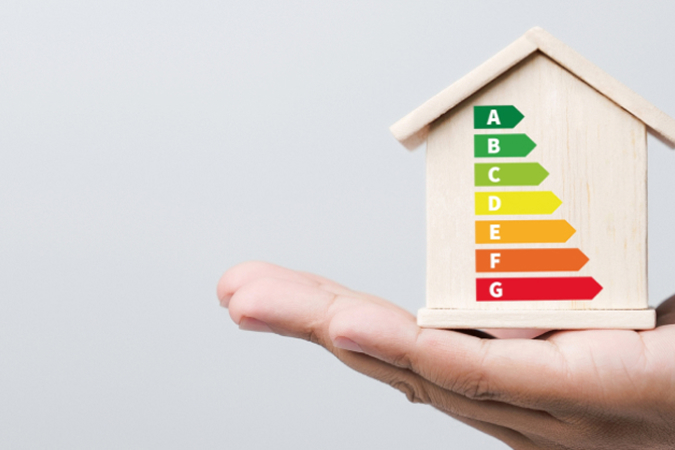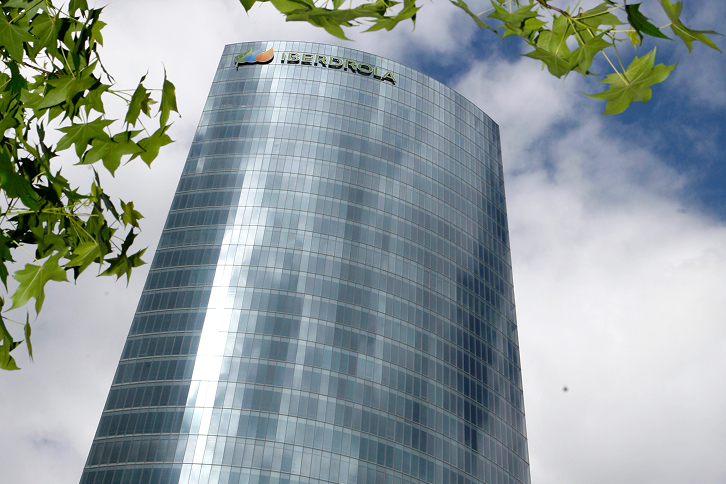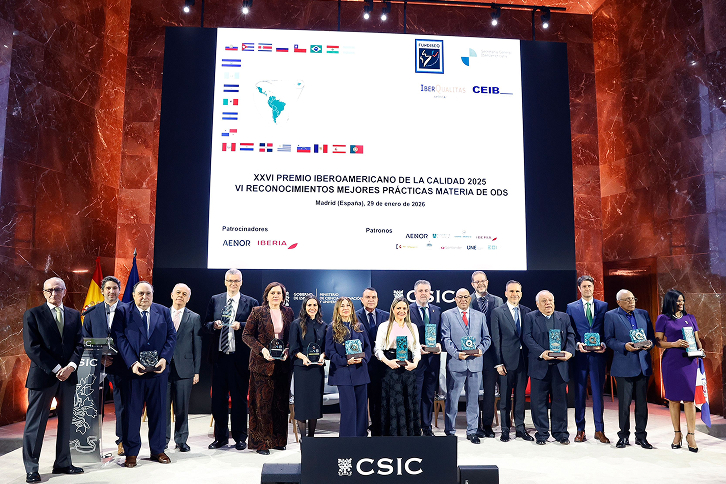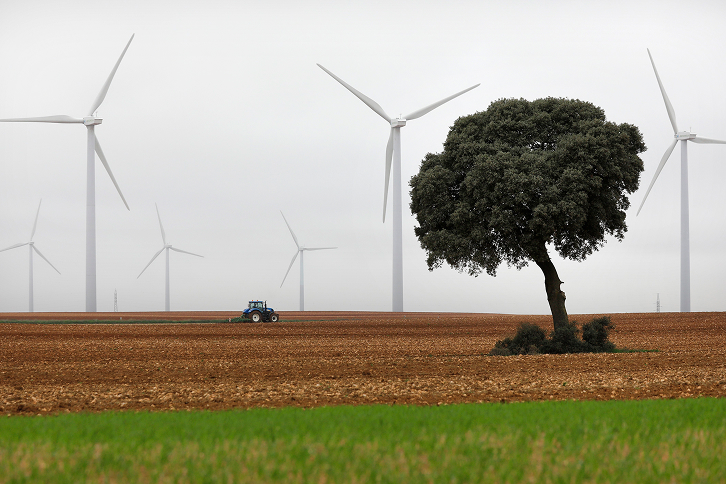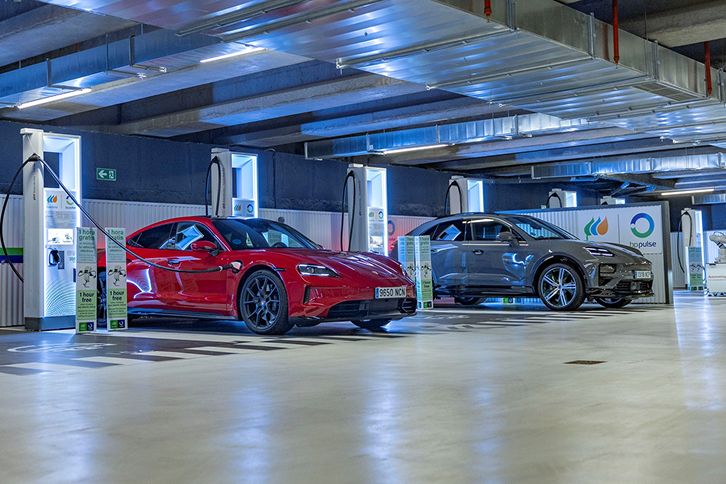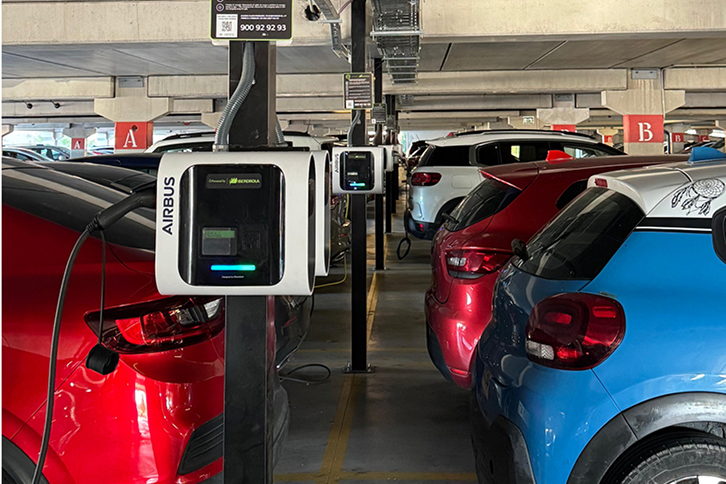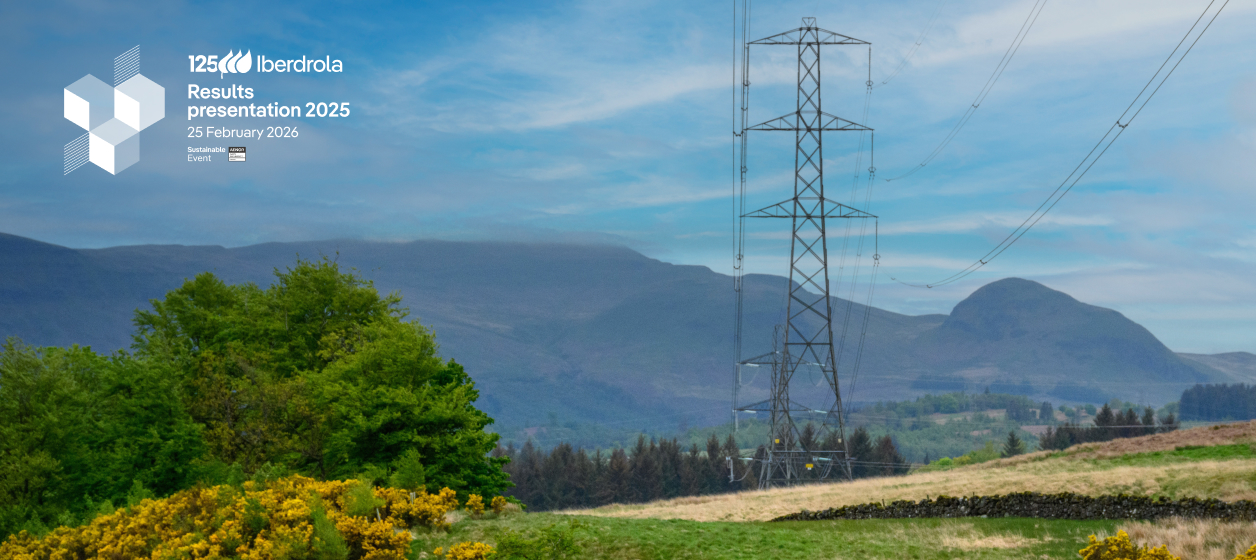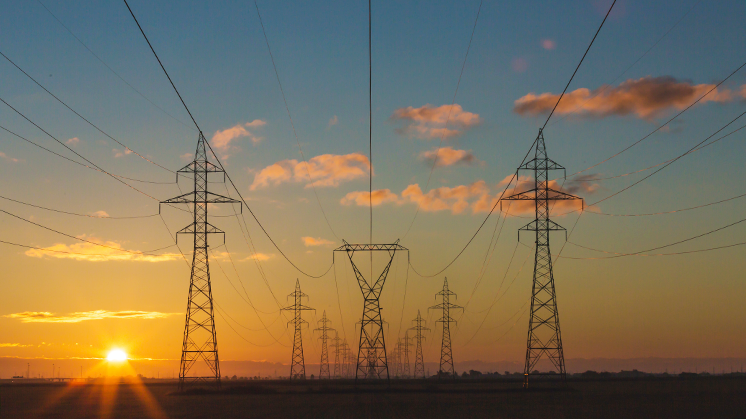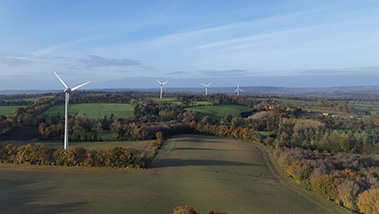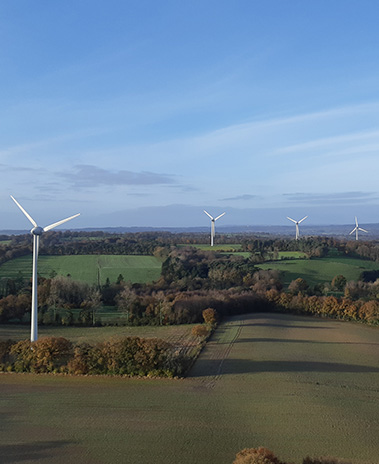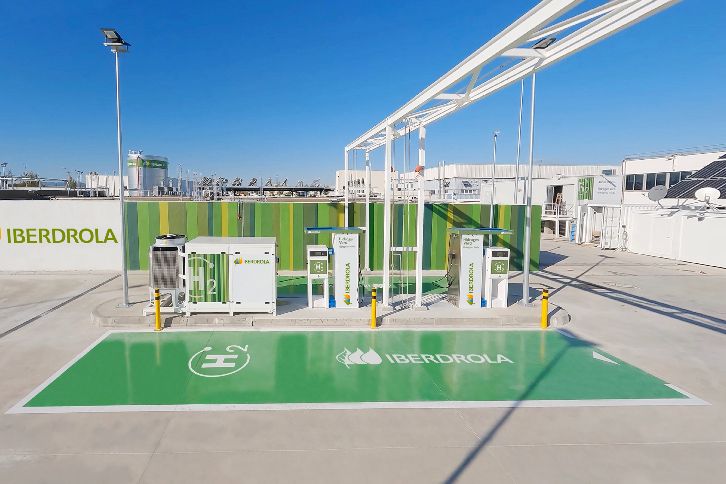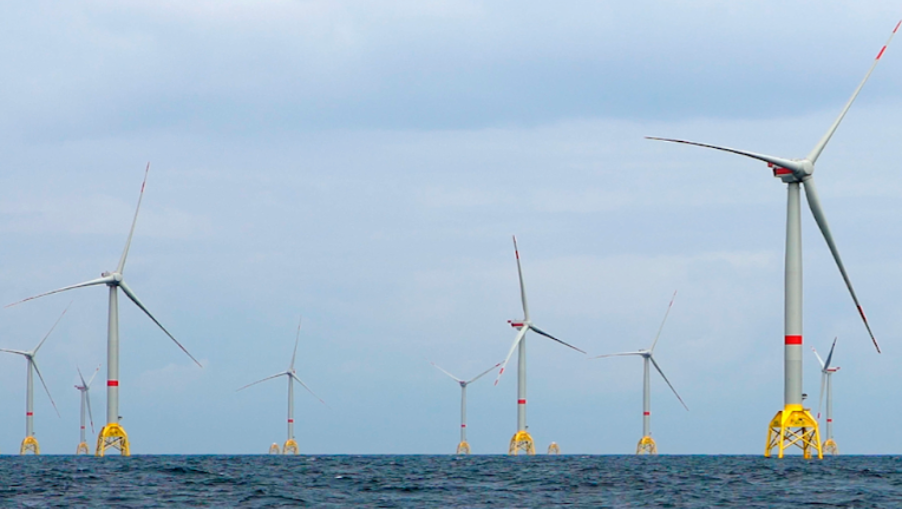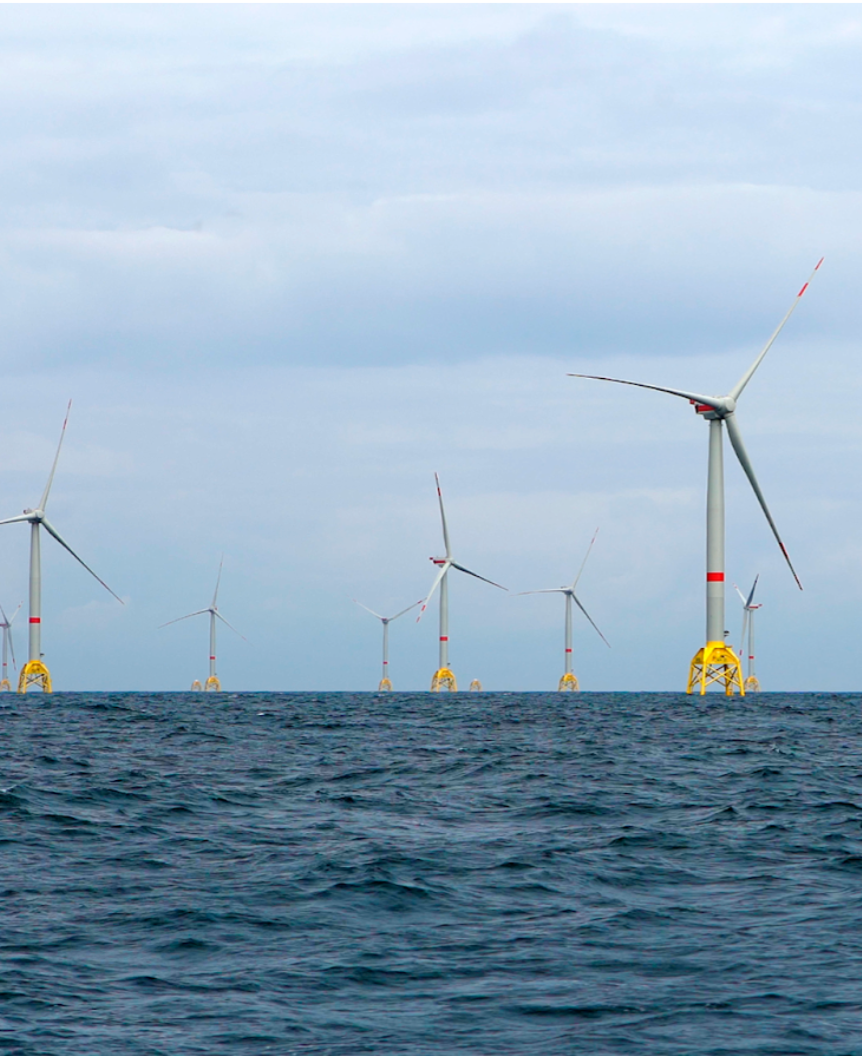-
Iberdrola Group is leading the way towards a decarbonised and resilient economy through a sustainable and efficient business model. The fight against climate change has been the main driver of our profitable growth strategy.
Iberdrola is once again supporting European Mobility Week, which will be held from 16 to 22 September 2025, reaffirming its commitment to sustainable mobility and the electrification of transport as an effective way to combat climate change.
-
Saving energy has become particularly important in recent years to protect the environment and keep bills down, and is even more essential in times of shortage or instability. Here are the keys to contributing to energy efficiency at home.
The concept of Energy Transition as a Service (ETaaS) refers to the comprehensive service we offer corporations and companies whose activities are often difficult to decarbonise to help them reduce their carbon footprint.
-
Green hydrogen is one of the great alternatives in terms of sustainable mobility, and for this hydrogen stations, or hydrogen pumps, which function as a refuelling station for this fuel, are necessary. The aim is for Spain to have a network of more than 100 hydrogen stations by 2030.
At Iberdrola, we are committed to protecting and acting for nature, and we are strengthening our commitment with the launch of our 2030 Biodiversity Plan. This Plan establishes the mechanisms to achieve the ambitious goal of having a net positive impact on biodiversity by 2030 and to drive the transformation towards an energy model in harmony with nature and human beings.
-
The Iberdrola group is fully committed to eco-efficiency thanks to its sustainable use of natural resources, efficiency in the production and use of energy, emissions reductions, protection of biodiversity and waste and water management.
Digitalisation in the wind energy sector is making significant progress in reducing costs, improving yields and safety, and making decisions more efficiently. But there is still a long way to go, especially when it comes to measuring and exchanging data.








